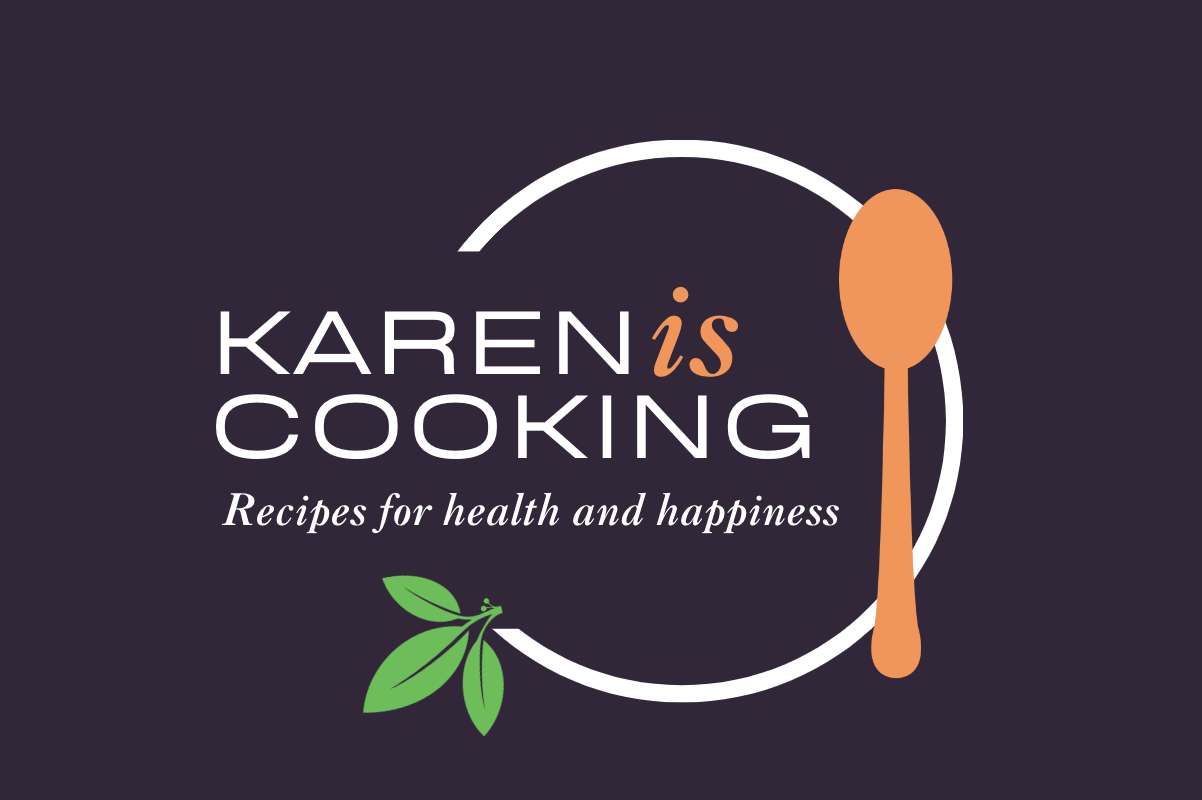Sweet Poison - Part II - Your Brain on Sugar
This is part two of a three-part blog on Sweet Poison (aka processed sugar). You can read Part I HERE.
I’m so happy that you are here, and I want to warn you that Part II is about the BAD stuff that “sweet poison” does to your brain and other vital parts. So although it’s dark, it is super important to understand why we all need to limit our intake. The good news is that in Part III, I will share lots of positive actions that you can take to wean off sugar and also provide a list of healthy alternative sweeteners, plus ways to boost your serotonin, which helps with lowering cravings!
For now, let’s be brave and dive into the “dark”, together! After all, without the darkness, we cannot appreciate the light.
Let’s Imagine
Let’s play a little imaginary game. Picture in your mind a teaspoon of white granulated sugar, or if it’s easier, a cube of white sugar.
Ok, do you have in your mind?
Now, imagine putting all 10 teaspoons or 10 cubes of sugar into your mouth one after the other. And you cannot spit it out. You have to swallow it.
Could you do it? Most people would say yuck, no way! That’s too much sugar!
And yet, the average can of soda has 9 – 10 teaspoons of sugar, and 1 cup of ice cream has about the same amount too. Even a so-called healthy yogurt may contain up to 8 teaspoons of sugar per 8 oz.
Sugar is the cheap thrill driving us to diabetes and metabolic syndrome.
You may think that sugar makes you happy. But it only delivers fleeting pleasure. Like the most flirtatious seducer, whose kisses are teasingly charming but filled with empty promises. And you know it all too well, while hopelessly craving for more.
Sugar is like the elusive promise of a would-be lover. It drives up your dopamine, delivers a short spurt of thrill, and then leaves you wanting more. But sugar is actually worse! It is also a devilish magician who can shrink your brain while expanding your waistline.
Your Brain on Sugar
You probably know why sugar will expand your girth but shrink your brain?
Here’s what can happen:
When you consume too much sugar, the production of brain-derived neutrophic factors or BDNF is reduced. BDNF is a peptide (long-protein strand), that plays an important role in the creation of new neurons and stem cells. Neurotrophis is derived from the Greek words, “neuro” which means nerve, and “trophis” which means food, nourishment, or growth.”
BDNF is vital to the regeneration of brain cells and cell-to-cell communication. If you are low on BDNF, it can affect learning and memory, and your brain will atrophy.
More Detrimental Effects of Processed Sugar:
Addiction
Just like drugs, consuming sugar will cause the release of the “feel-good” neuro-chemical, dopamine. And because we like to feel good, this will cause addiction to sugar.
(More about dopamine vs. serotonin in Part III)
Lowers Immunity
Sugar causes our white blood cells to become sluggish, which means that we cannot effectively fight off pathogens that cause illness.
Steals Essential Minerals
Sugar leaches out essential minerals such as calcium, potassium, magnesium, and sodium.
These are all critical minerals that we need for strong teeth and healthy bones.
Cancer-causing
Consuming sugar causes a spike in insulin, which feeds our cells, including cancer-causing cells.
Research has shown that excess sugar intake is correlated with several types of cancers, including breast, colon, colorectal, and endometrial.
Bad for Memory
In addition to lowering BDNF, excess sugar intake may also cause shrinkage of the hippocampus, our primary brain center for memory.
Depression
Many studies show that there is a strong correlation between eating too many refined carbs (which includes sugar), and depression.
Premature Aging of Your Skin
Skin is composed of collagen and elastin, which make our skin supple and soft. Sugar causes collagen to cross-link together, causing stiffness of the skin. The more sugar we consume, the more our skin loses it suppleness and develops wrinkles.
Imbalance of Your Gut Microbiome
Sugar feeds candida albicans, which is a yeast. It can overgrow and out-compete friendly microbes in your digestive tract. The balance and health of your gut microbes are connected with good digestion, immunity, and cognitive function.
Damages Your Liver
Processed sugar, in the form of high-fructose corn syrup is linked to NAFLD (non-alcoholic fatty liver disease).
Wow, that’s a long list of negative effects! But now that we got that out of the way, we can look at positive, healthy choices that we can make to escape from sugar’s tenacious grip. Please come back for Sweet Poison Part III - The Antidote.
References
Lustig, Robert H. “The Most Unhappy of Pleasures: This Is Your Brain on Sugar.” The Atlantic, 21 Feb. 2012, www.theatlantic.com/health/archive/2012/02/the-most-unhappy-of-pleasures-this-is-your-brain-on-sugar/253341.
Perez-Cornago, Aurora, et al. “Sugar Intake From Sweet Food and Beverages, Common Mental Disorder and Depression: Prospective Findings From the Whitehall II Study.” Scientific Reports, vol. 7, no. 1, Nature Portfolio, July 2017, https://doi.org/10.1038/s41598-017-05649-7.
The Link Between Sugar and Aging. www.unitypoint.org/news-and-articles/the-link-between-sugar-and-aging#:~:text=Skin%20is%20composed%20of%20collagen,Dr.
United Brain Association. “How Sugar Affects the Brain.” United Brain Association, June 2022, unitedbrainassociation.org/2020/06/28/how-sugar-affects-the-brain.

